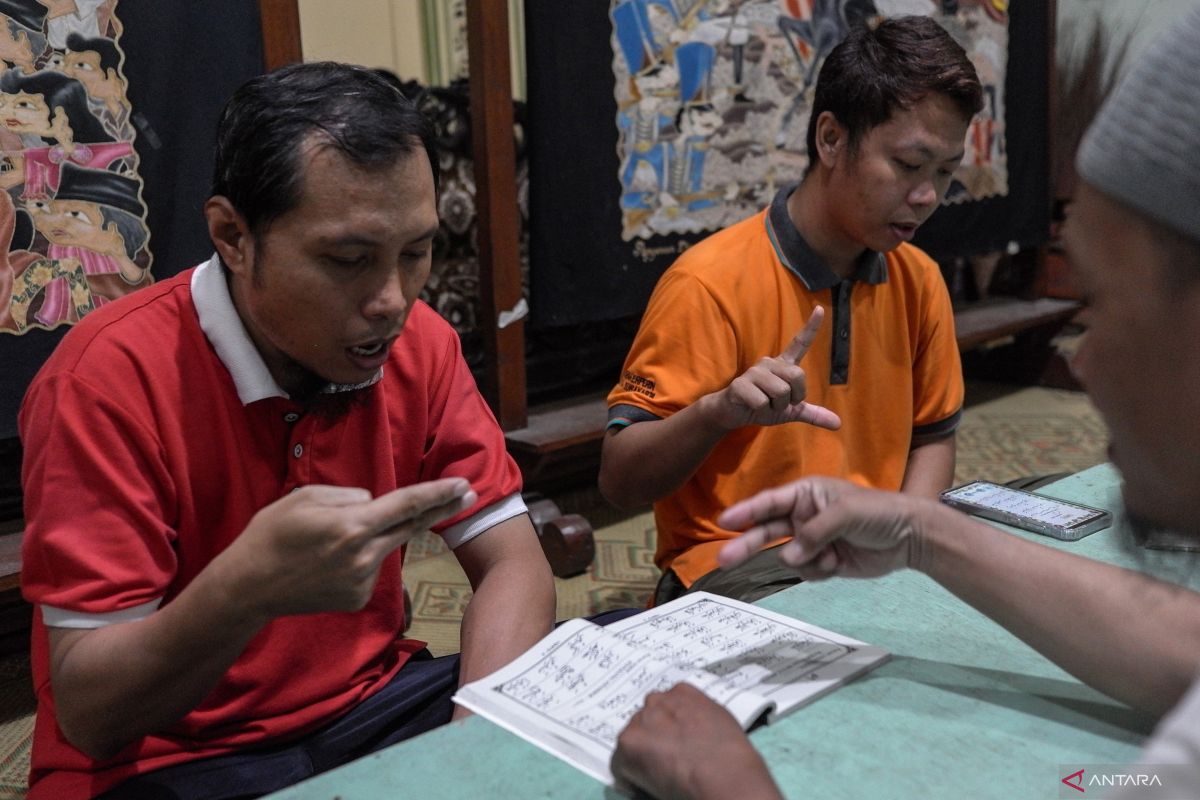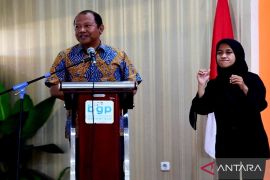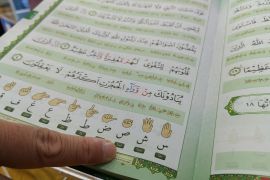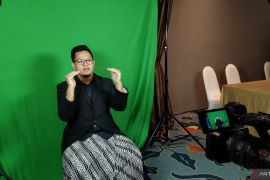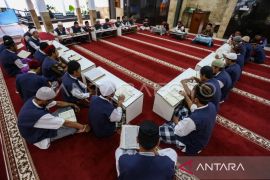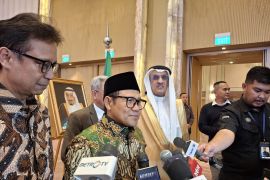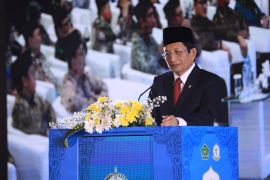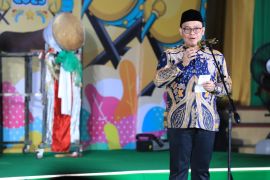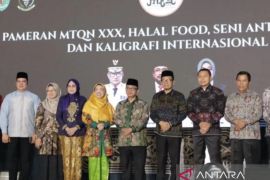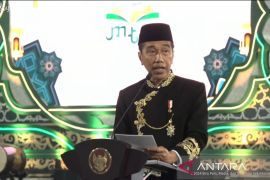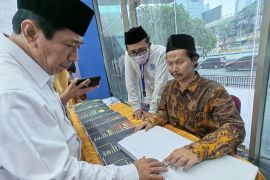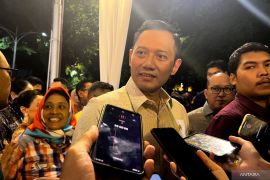Several requests from international organizations under the wing of the Organization of Islamic Cooperation (OIC), such as the Islamic University of Technology (IUT) in Gazipur, Bangladesh, and the latest coming from the Research Centre of Islamic History, Art, and Culture (IRCICA) in Istanbul, Turkiye, have been directed to the relevant ministries and institutions.
Notably, the Ministry of Foreign Affairs of the Republic of Indonesia (MoFA RI) translated these requests into related activities in 2024 and 2025 in collaboration with Lajnah Pentahsih Mushaf Qur’an (LPMQ) under the Ministry of Religious Affairs of the Republic of Indonesia (MRARI), the Indonesia Deaf Moslem Association (IDMA), and the National Library of the Republic of Indonesia (NLRI).
For instance, on March 22, 2024, an international seminar was organized virtually and collaboratively with Bangladesh's Islamic University of Technology (IUT). The event brought together at least 75 postgraduate and engineering students from at least seven OIC member countries to explore innovative ideas and applied technologies relevant to this issue.
A few days ago, on March 26, 2025, a year after the previous activity, a virtual international seminar was held in collaboration with the Research Centre For Islamic History, Art and Culture (IRCICA).
During this seminar, a group from the IRCICA Library and its management actively explored the potential for more inclusive and technical training for international and national librarians to better serve local library visitors. The discussions focused not only on empowering national and international librarians but also on enabling experts and individuals with hearing impairments.
These organizations are encouraged to gain a deeper understanding of how Indonesian experts develop and teach the system and content to the concerned stakeholders. These two major international organizations, which coordinate and facilitate activities for 57 member countries, signify their highest appreciation for Indonesia for this achievement.
The management of these international organizations views the completion of this first mushaf in sign language as a significant contribution that respects all segments of society, particularly deaf individuals and related stakeholders, enabling them to engage in strategic issues that can reduce burden and backwardness in a challenging world.
Furthermore, the OIC forum views this effort as more heroic, given that illiteracy continues to plague the world and poses a challenge to realizing sustainable development visions and missions for 2030 as global leaders commit to eradicating illiteracy and backwardness.
Meanwhile, history shows that the issue of illiteracy has become a soft weapon wielded by those who neglect to improve the quality of human resources in a world of 8.2 billion people, with nearly 763 million still living in illiteracy as of 2020.
Unfortunately, this situation is exacerbated by conflict, discrimination, oppression, and even subtle forms of undermining humanity's essential needs. Most unfortunate people live in a land with abundant natural resources yet remain impoverished. These disadvantaged communities often lack guidance on asserting their rights and competing for dignity.
By understanding the Mushaf through sign language, the general public and individuals with social needs can gain insights into the philosophical background of this system of Mushaf. Both are invited to understand interrelated aspects of physical, psychological, intellectual, and technical exercises written in the holy book revealed by the God Almighty to His prophets through His angel.
We may never know how individuals with disabilities, such as the deaf, were taught during the Middle Ages. However, grasping the universal principles embedded in the teachings of the Mushaf, we can see that its essence applies to all mankind. Modern civilization has offered more room for these individuals to actively participate in the human race.
The use of sign language among deaf communities worldwide is believed to have existed for centuries. Sign language was first formalized during the Renaissance or Enlightenment.
In conjunction with the aforementioned development, the method of completing the Mushaf using sign language, published in Indonesia, is humbly regarded as the first completed method of Islamic teaching, not only within the Islamic world but also globally. Hence, in my opinion, it is not an exaggeration to consider this achievement as a symbol of second formalization due to its uniqueness. Additionally, it can be seen as a window to a second enlightenment in the millennial era, following the Renaissance era, providing adequate roles and access for deaf individuals, similar to how the braille system and related technologies have benefited blind individuals and others with special needs.
This means that keeping up with more applied technology remains a homework for all related stakeholders. In this case, one way is to develop more integrated workshops, possibly even industrial ones.
The above development deserves to be supported by a greater commitment to guiding Indonesia's dedicated individuals with proper direction and necessary facilitation.
In my humble opinion, Indonesia's achievements in this area could become a legacy for humankind that should be preserved and developed not only by Indonesians but also by global citizens.
*) The writer is the author of the Book Katulistiwa
Related news: Minister to hold 350,000 Quran Completion event for Nuzulul Quran
Related news: Quran recitation contest draws participants from 38 nations
Copyright © ANTARA 2025
